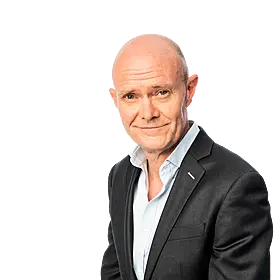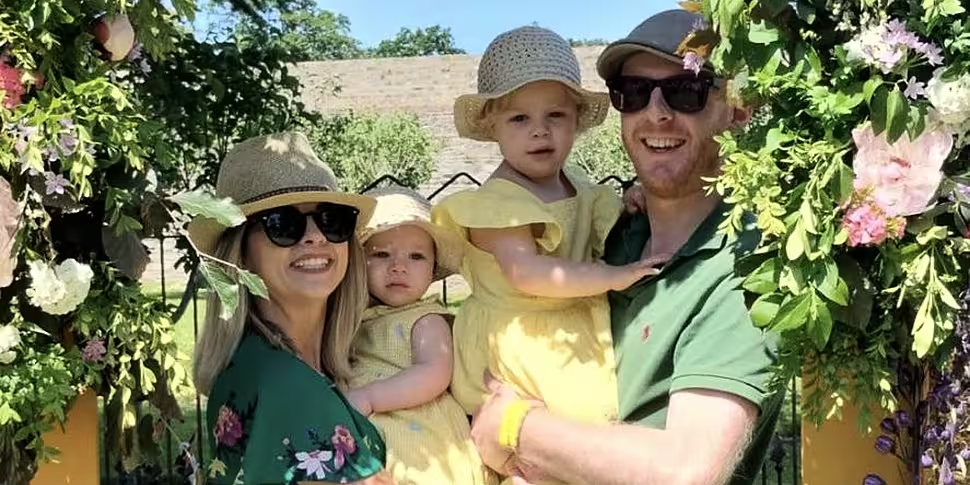Raising a child bilingually is “something quite amazing” and a “gift” to them, a leading expert in linguistics has said.
For generations, people in the Gaeltacht have grown up bilingual and can happily converse in either of the State’s two official languages.
Thanks to immigration, speaking more than one language is increasingly common in families across the rest of the country as well.
It is a phenomenon that Newstalk reporter Simon Tierney has first-hand experience with; his wife is from Brazil and speaks in her native Portuguese with their two daughters.
On a recent holiday to Sao Paulo, Simon arrived late and found his children had easily integrated into life in Brazil.
“When I arrived, my eldest girl, she’s three-years-old, had pretty much lost most of her English,” he told The Pat Kenny Show.
“She had been speaking exclusively in Portuguese for those few weeks and I felt like I had lost my connection to her.
“I got down on the ground and I couldn’t communicate with her because my Portuguese is very basic.”
 Simon and his daughters. Picture by Simon Tierney
Simon and his daughters. Picture by Simon TierneyUpon her return to Ireland, Simon's daughter's English came back quickly - but she still speaks in a very different way to a child with two Irish parents.
“Sometimes she mixes, even in one sentence, English and Portuguese,” Simon said.
This is called code switching and it is common practice in a country or region where more than one language is spoken.
Bilingual children especially do it when they are still learning to talk and linguist Dr Francesca La Morgia said many people incorrectly believe this to be a sign of confusion.
“It is a typical feature of people who can speak two languages,” she said.
'A natural process'
Dr La Morgia has founded a group called Mother Tongues which supports families in Ireland raising their children bilingually.
She suggests children should not be discouraged from code switching if that is how they feel most comfortable communicating.
“You’re stopping a natural process,” she said.
“But also, children start to feel quite incompetent if they get corrected.
“It is a gift that they have - no matter how much or how little an amount of language they have.
“[You should] praise them because they are doing something quite amazing.”
The US Department of Education says bilingual children are better than their monolingual peers at solving word problems, understanding mathematical concepts and learning other languages as well.
You can listen back here:
Main image: Simon Tierney and his family









